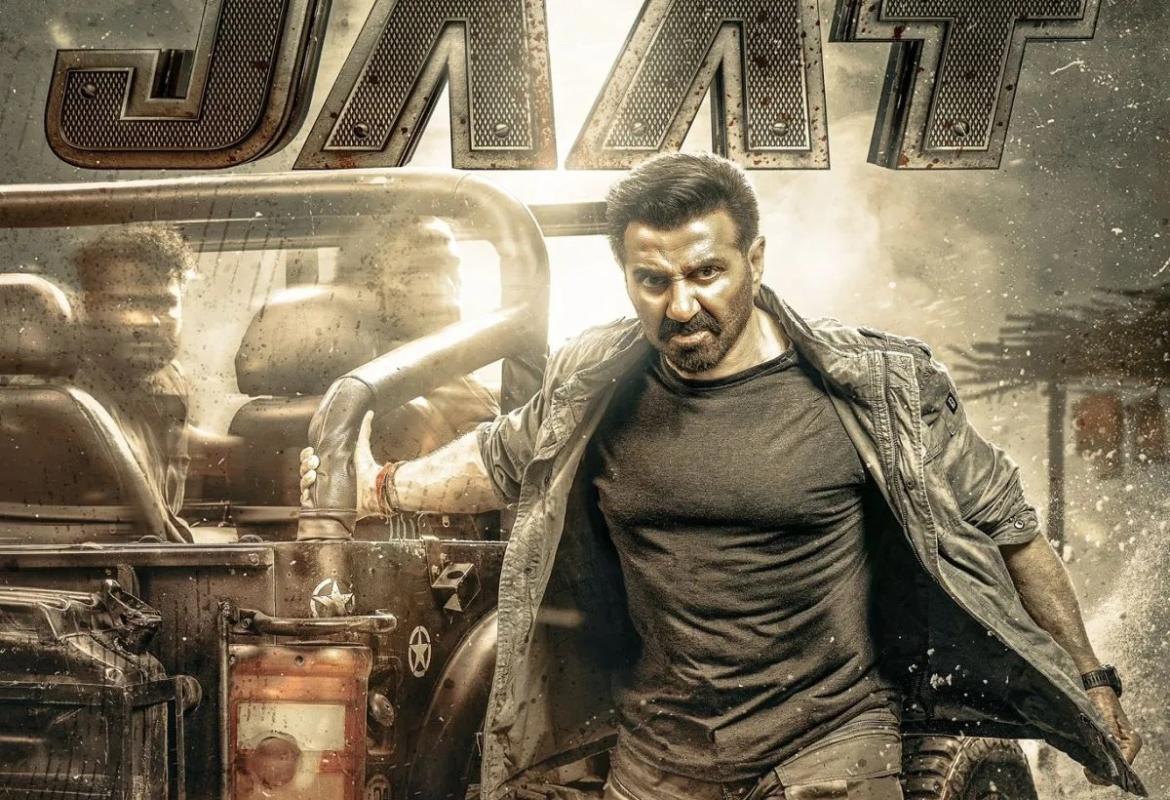The time for an international investigation is now
Acclaimed journalist J. S. Tissainayagam in an opinion on Thursday, argued that an international investigation into Sri Lanka's war crimes is long overdue.
See here for full article. Extracts reproduced below:
"British Prime Minister David Cameron’s presence at last week’s Commonwealth Heads of Government Meeting (CHOGM) facilitated coverage that might not have been possible otherwise for media organisations. But if the human rights and war crimes issues highlighted by the international media are to be redressed and Commonwealth values and international law upheld, the band-aid solution proposed by the Sri Lanka government and aided by the Commonwealth Secretariat has to be dismissed. Instead, what is required is implementing an international investigation into war crimes."
See here for full article. Extracts reproduced below:
"British Prime Minister David Cameron’s presence at last week’s Commonwealth Heads of Government Meeting (CHOGM) facilitated coverage that might not have been possible otherwise for media organisations. But if the human rights and war crimes issues highlighted by the international media are to be redressed and Commonwealth values and international law upheld, the band-aid solution proposed by the Sri Lanka government and aided by the Commonwealth Secretariat has to be dismissed. Instead, what is required is implementing an international investigation into war crimes."






